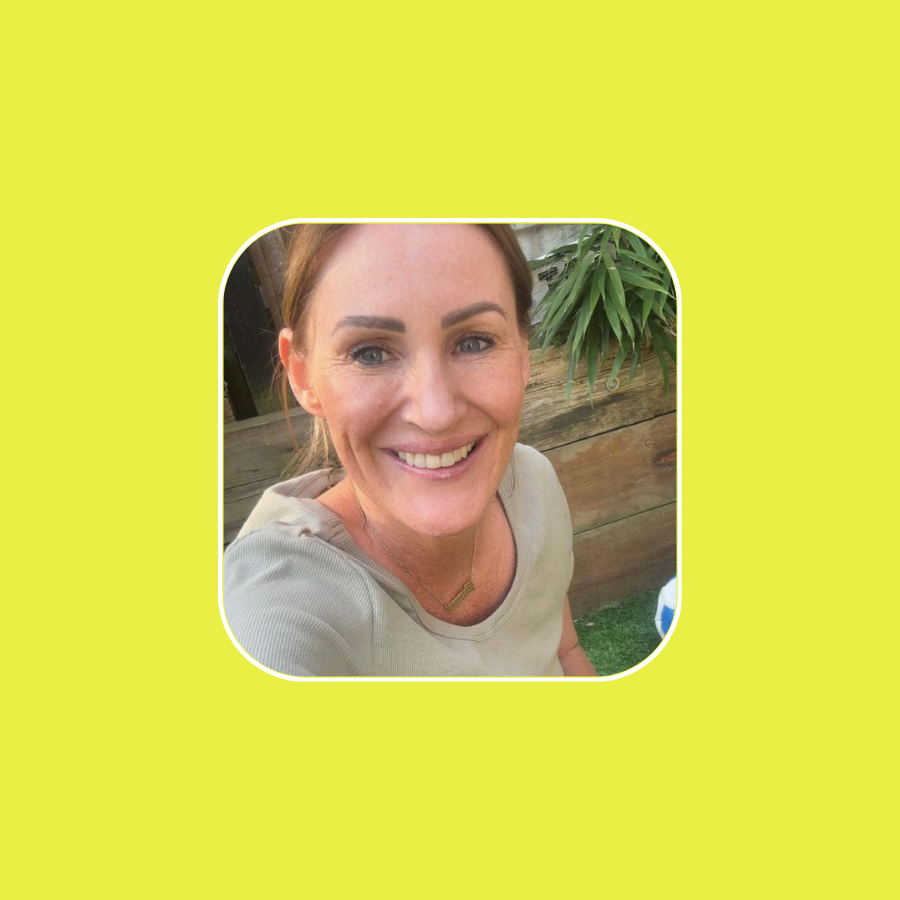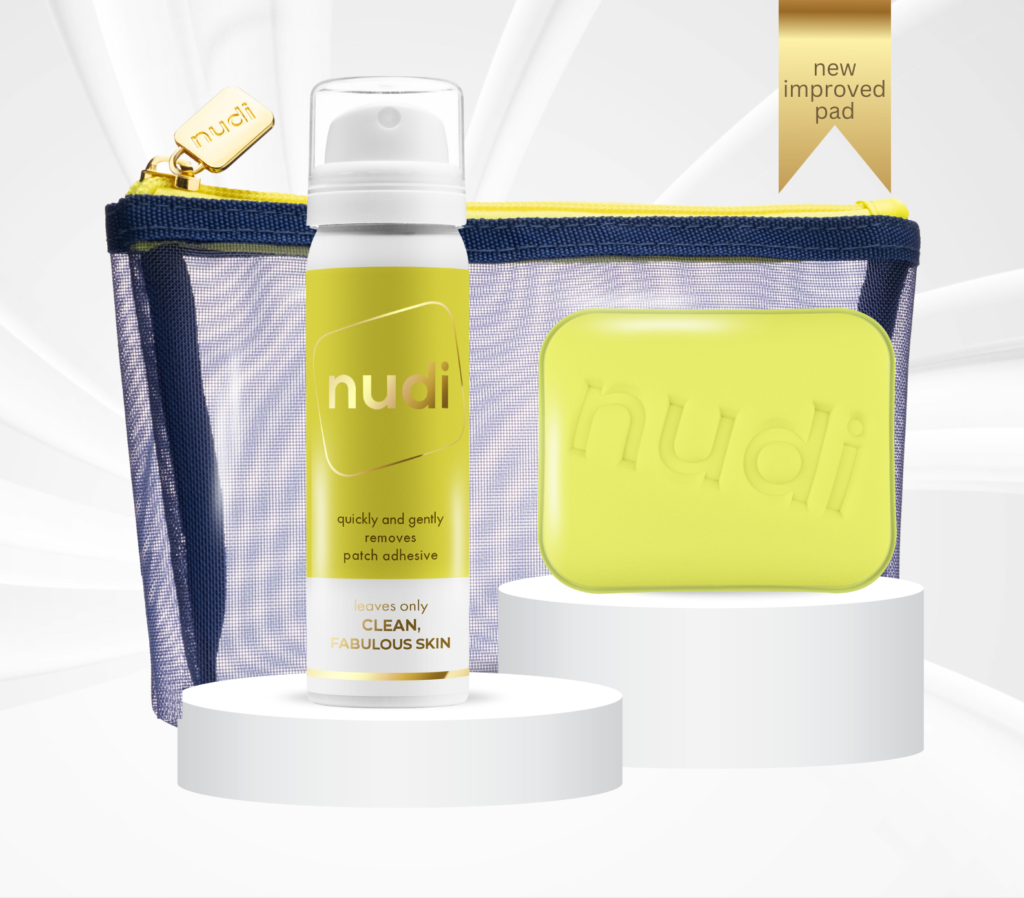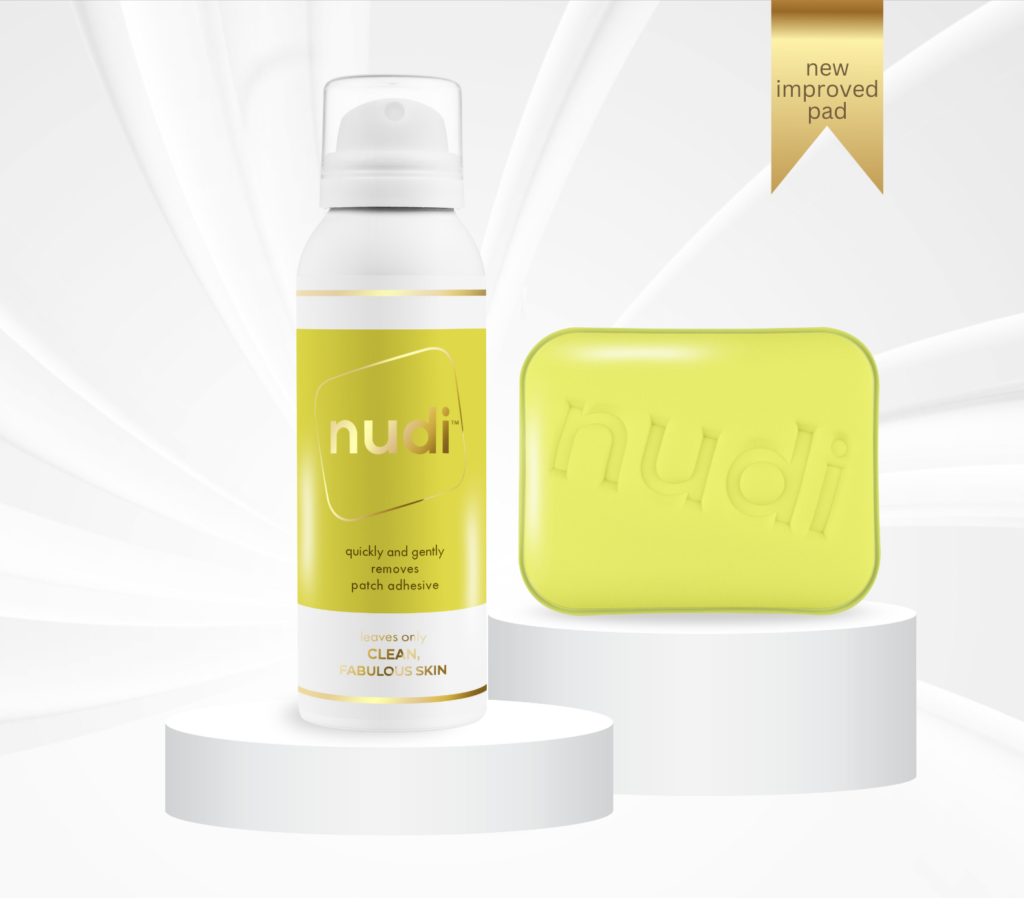
A Personal Journey with Hayley
Premature Ovarian Insufficiency (POI)
Premature Ovarian Insufficiency—often referred to as POI or early menopause—is a condition that affects thousands of women across the world, yet it remains one of the most misunderstood and under-discussed health challenges. It’s not just about hormones or fertility; it’s about identity, mental health, and the power of advocacy.
In this heartfelt blog, we share the incredible story of Hayley —who began experiencing menopausal symptoms at the age of 12, long before most girls even start thinking about their periods. Through diagnosis, emotional upheaval, and her path to becoming a mum, Hayley’s journey sheds light on POI and offers hope and solidarity to others navigating the same path.
🌸 What is Premature Ovarian Insufficiency?
POI is a condition where a woman’s ovaries stop functioning normally before the age of 40. This typically results in a dramatic drop in estrogen levels, irregular or absent periods, and often infertility. While similar in some ways to menopause, POI is not the same. Women with POI may still experience intermittent ovarian function and hormonal fluctuations, meaning it’s not always a complete or permanent shutdown.
Common Symptoms of POI include:
- Hot flushes and night sweats
- Irregular or absent periods
- Mood changes, anxiety, and depression
- Fatigue and brain fog
- Vaginal dryness
- Insomnia
- Low libido
- Infertility
For Hayley, these symptoms weren’t distant concerns—they arrived with a bang when she was just 12 years old.
👧 A Diagnosis That Came Too Soon
Hayley started her period at age 12, but just a year later, everything changed. Her periods stopped completely. She began waking up drenched in sweat, experiencing intense hot flushes usually associated with middle age.
“I’d wake up soaked, needing to change my clothes and bedsheets,” Hayley recalls. It was clear something wasn’t right.
Thanks to a sharp and proactive GP, Hayley was referred for blood tests and an ultrasound. The results were startling: she had only one ovary, and no visible egg supply. At just 14 years old, Hayley was diagnosed as postmenopausal.
It was a life-altering moment. Most teenagers are worried about exams or navigating friendships—not learning that they’re already menopausal.
😔 Living with an Invisible Condition
One of the hardest parts of POI is that it’s largely invisible. The emotional and physical symptoms aren’t always obvious to others, which can lead to misunderstanding—or worse, dismissal.
“People look at you and think you’re fine,” Hayley explains. “But they can’t see what’s going on inside.”
Her lack of estrogen slowed down her physical development during puberty, but the emotional impact ran even deeper. As a teenager, she struggled to find the words to explain her condition to friends and family. This sense of isolation followed her well into adulthood.
🧠 Mental Health, Identity & the Weight of Infertility
Hayley’s story is a reminder that hormonal health and mental health go hand in hand. From the moment of her diagnosis, she wrestled with low self-esteem, confusion, and the nagging question: “Why me?”
“It makes you feel like a failure,” she admits. “I didn’t understand what was happening, and I felt alone.”
In her twenties, those feelings intensified. As her friends began having children, the reality of infertility hit her hardest. With the support of antidepressants, therapy, and a deepening understanding of POI, she began to rebuild her emotional wellbeing.
She emphasizes that it’s okay to need both hormonal treatment and emotional support. Mental health matters—and seeking help is a strength, not a weakness.
💞 Relationships, Fertility & Defining Your Own Path
POI doesn’t just affect your body—it can shape your relationships and family planning decisions. Early on, Hayley struggled with how much to share when dating. Would someone accept her if they knew she couldn’t conceive?
Eventually, honesty became her foundation. When she met her now-husband, she made it clear: she couldn’t have biological children, and she didn’t want to pursue IVF.
Although IVF with donor eggs is an option for many women with POI, Hayley chose a different path—one rooted in emotional self-preservation. “I didn’t want to risk that emotional setback if it failed,” she says.
Instead, she turned toward adoption—and it changed her life.
👶 Becoming a Mum Through Adoption
At age 40, Hayley began the adoption process. Today, she’s a proud mum to a bubbly three-year-old boy. Becoming a parent through adoption brought healing, confidence, and a new sense of purpose.
“Talking about POI has helped me find myself again,” she shares. “I was lost for years, but now I’m not ashamed of who I am.”
Motherhood inspired her to start speaking publicly about POI, connecting with women who felt as alone as she once did.
💊 Hormone Replacement Therapy (HRT): More Than Just a Prescription
Hayley began HRT at just 14—decades before most women even consider it. She started with oral estrogen tablets, eventually switching to estrogen patches and the Mirena coil for a more stable hormone balance.
Her current HRT routine includes:
- Estrogen patches (200mg dosage) – to support energy, hair and nail health, and overall wellbeing
- Mirena coil – delivering progesterone directly to the uterus
- Testosterone gel – for energy, joint health, and libido
These treatments have transformed her day-to-day life. She no longer suffers from the artificial withdrawal bleeds triggered by earlier medications, and she feels stronger—both physically and emotionally.
❤️ POI and Heart Health – Is There a Link?
Hayley was also diagnosed with dilated cardiomyopathy, a heart condition that runs in her family. While it’s not definitively linked to POI, research does suggest that estrogen plays a crucial role in cardiovascular health.
Now under the care of a specialized heart unit, Hayley is undergoing genetic testing and routine monitoring. Her story serves as a reminder: POI isn’t just about reproduction—it can affect your entire body.
🌼 Finding a Community – The Daisy Network
Feeling isolated after diagnosis is common—but it doesn’t have to be the end of the story. For Hayley, discovering The Daisy Network was a turning point. This UK-based charity supports women with POI and offers:
- Private Facebook groups
- Informative webinars
- Annual meetups like “Daisy Day”
- Educational resources for patients and healthcare providers
Though she’s stepped down from her role as a volunteer coordinator, Hayley still actively supports the community—sharing her experience, answering questions, and cheering others on.
🧭 Hayley’s Top Tips for Navigating POI
Hayley’s advocacy is rooted in empowerment. Here’s her advice for women who suspect something may be wrong, or who’ve just been diagnosed:
🔍 Know your body
If your periods stop or you’re experiencing unexpected symptoms—don’t brush it off.
🩺 Ask for hormone blood tests
Specifically FSH (Follicle Stimulating Hormone) and LH (Luteinizing Hormone), plus an ultrasound.
👩👩👧👦 Investigate your family history
Conditions like POI can have a genetic component.
📚 Be your own health advocate
Print out the NICE Guidelines or ESHRE POI Guidelines and bring them to your GP.
🤝 Find support
Whether it’s online, through a charity, or in a local support group—community makes all the difference.
🩷 One Size Doesn’t Fit All
Hayley is the first to remind others: HRT isn’t a magic fix, and what works for one person might not work for another. It’s about finding the right balance for your unique body.
Absorption can vary depending on how you apply patches, gels, or tablets—and some women may need dose adjustments over time. Don’t give up if something doesn’t feel right. Keep asking questions. Keep pushing for answers.
And never let anyone tell you you’re “too young” for menopause.
✨ Final Thoughts: Breaking the Silence Around POI
Hayley’s journey with POI is one of courage, resilience, and truth-telling. By opening up about her life, she’s made it easier for others to seek help, find community, and feel seen.
POI doesn’t have to define your worth, your womanhood, or your future. Whether you’re newly diagnosed, supporting a friend, or just curious—remember that you are not alone.
Together, we can break the silence. We can push for better education, better healthcare, and more compassionate conversations.
📚 Useful Resources
🌸 Daisy Network: www.daisynetwork.org
📑 NICE Guidelines on Menopause: www.nice.org.uk/guidance/ng23
🎙️ The Premature Menopause Podcast (available on Spotify, Apple, and other platforms)
👩⚕️ Balance Menopause Resources: www.balance-menopause.com
Our Products

Adhesive Remover Starter Kit
Designed to remove the most stubborn patch or tape glue from all skin types in a neat travel sized pack .
- Nudi Spray™ 50ml
- Easi Pad™
- Nudi™ Patch Bag
£15

Glue Free Forever!
Subscribe & Save
Enjoy our great value subscription direct to your door without giving glue another thought.
- Nudi Spray™ 100ml
- Easi Pad™
- Cancel anytime
£16

Top Up!
Designed to remove the most stubborn patch or tape glue from all skin types in our larger 100ml can.
- Best Seller
- Nudi Spray™ 100ml
- Easi Pad™
